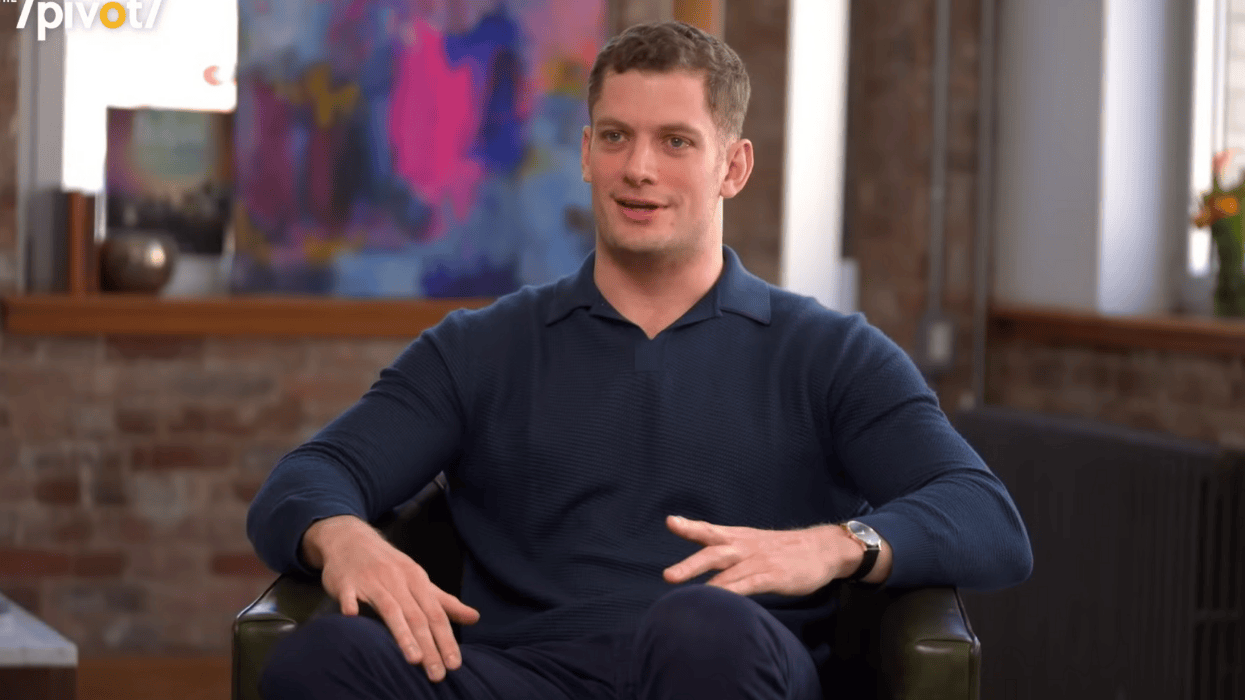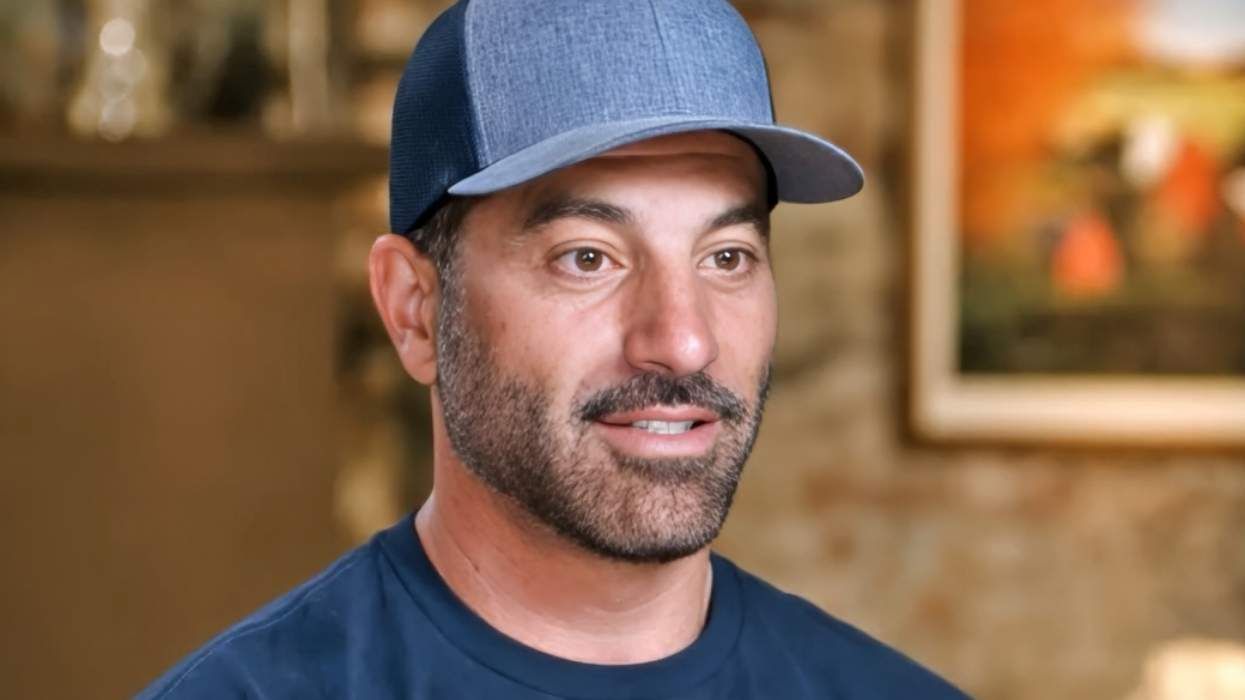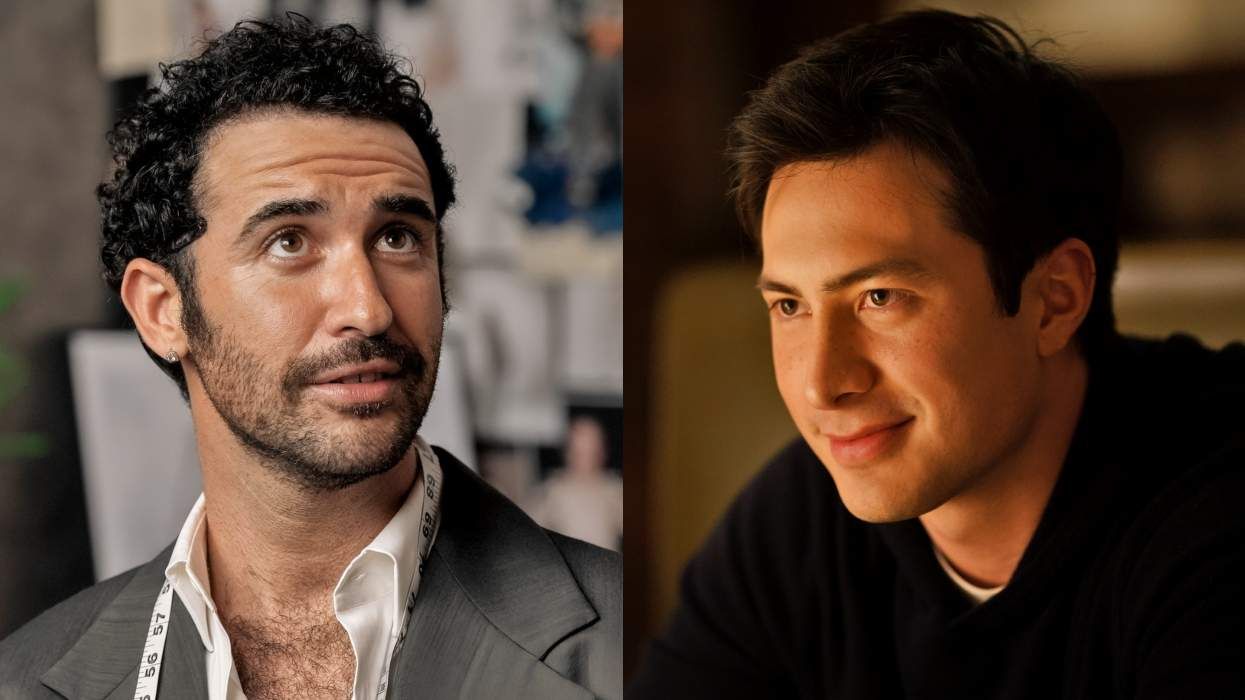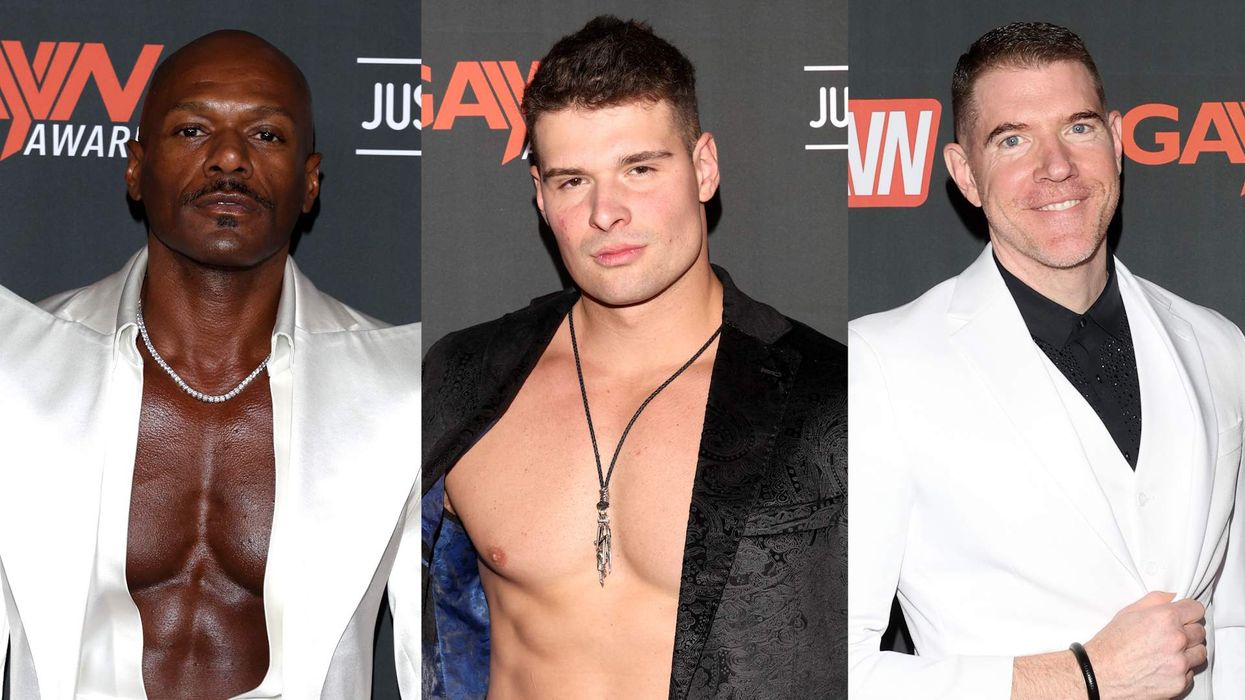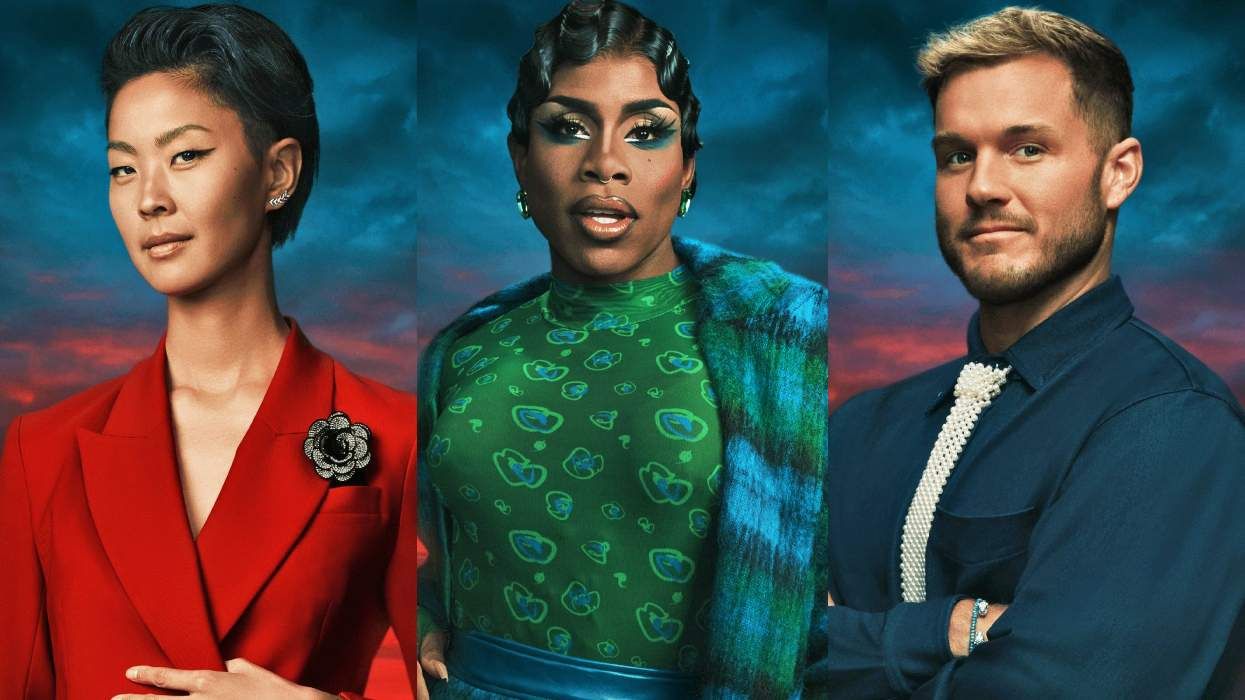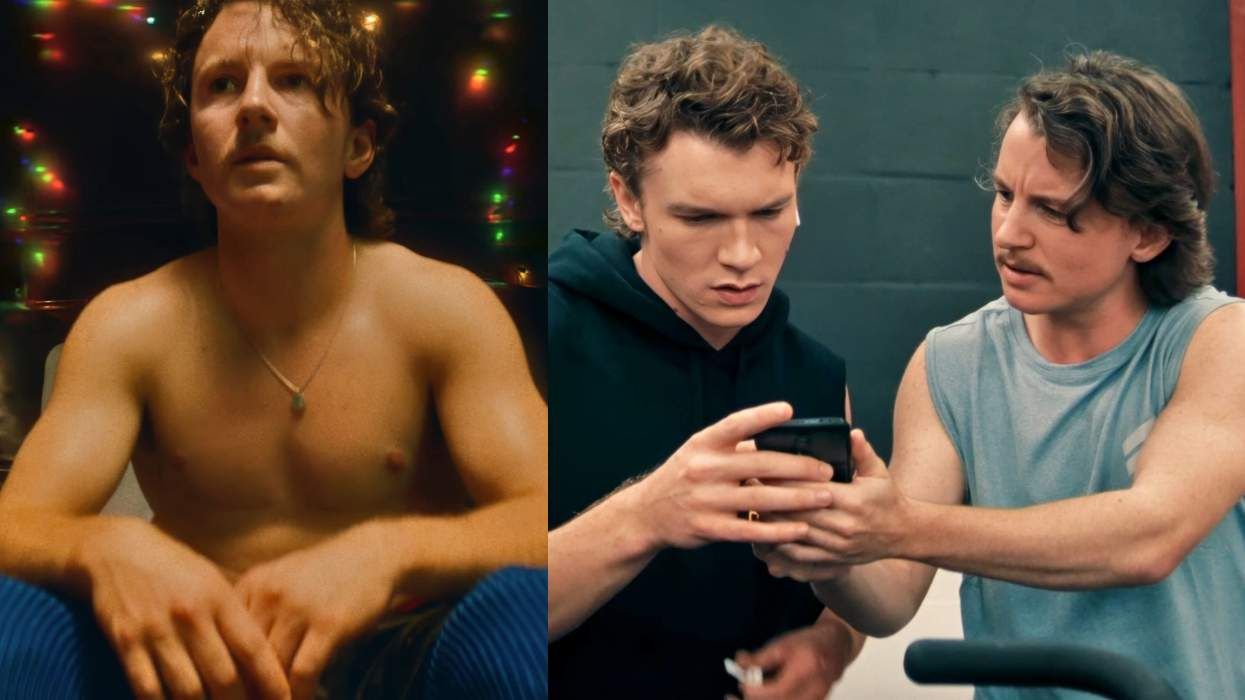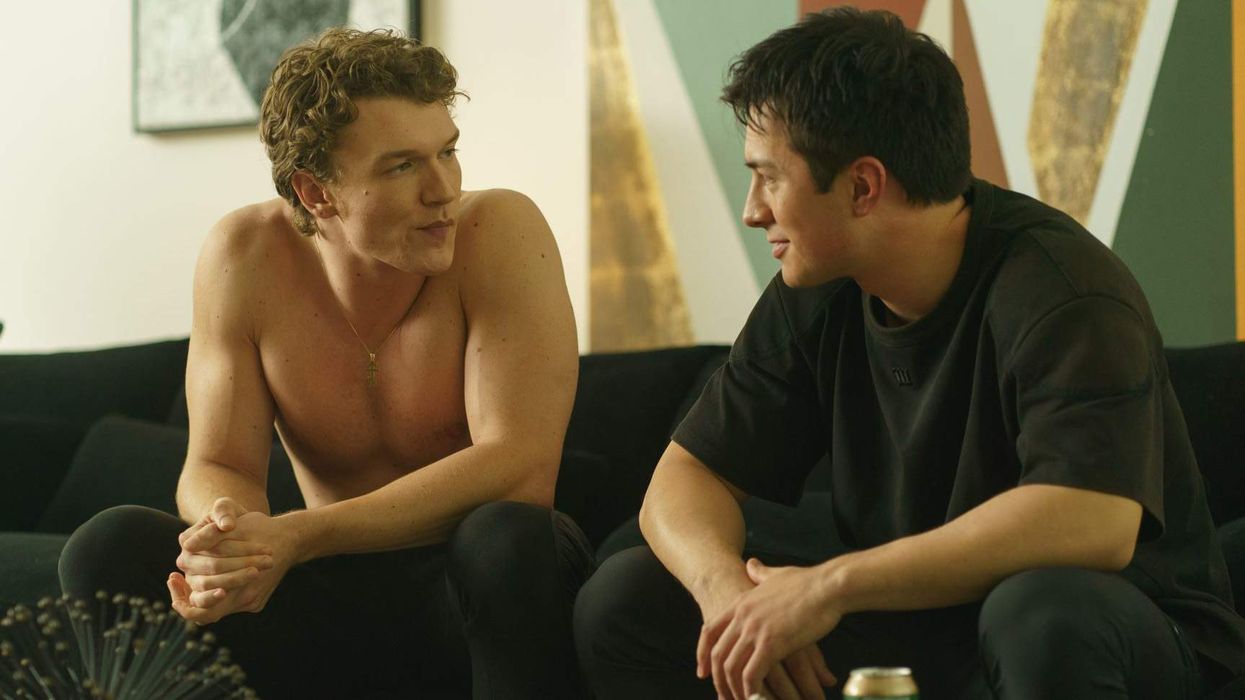It is a truth universally acknowledged that Kathryn Hahn never gets as good as she gives. Well, until lately. A long-time character actress with dozens of supporting credits to her name, Hahn has recently begun to leave a huge cultural footprint in starring roles as flawed, fascinating feminists, most notably in her collaborations with writer-director Jill Soloway: "Transparent," the film "Afternoon Delight," and in the cancelled-too-soon art world series "I Love Dick." (She will soon take on the title role of HBO's upcoming Tom Perotta adaptation "Mrs. Fletcher.") She gets her best part to date in "Private Life," the brainy new dramedy from Tamara Jenkins, which played this week in the main slate at the New York Film Festival and will have its wide release on Netflix this weekend.
Rachel would be a five-course meal for any great actress. She is an East Village artist and writer who lives in an enviable rent-controlled apartment with her husband Richard, played with warmth by Paul Giamatti. They are well into what artist's grants call "mid-career," which means they are established but holding on. If they want to start a family, it is now or never. Rachel is forty-one, and when we meet her, she is undergoing the first of many failed medical procedures. Injected over and over with an ever-rotating cocktail of hormones, Rachel's commitment is evident even as she spirals emotionally. Richard and Rachel are keeping their options open, but that means a lot of work. We follow them through a punishing rotation of appointments with the OB/GYN, meetings with adoption services, waiting rooms, and invasive medical procedures. Although this is her first film in a decade, Jenkins' ear is honed to perfection at this point - her previous films are the beloved indie dramas "Slums of Beverly Hills" and "The Savages - and she lightens this soul-crushing cycle of expectation and disappointment as much as possible. (While inserting forceps, Rachel's doctor asks if she likes prog-rock. Brilliant.)
"Private Life" might have more injections per minute than "The Panic in Needle Park," and Rachel says at one point that the hormones make her "emotionally incontinent." Hahn rides this roller coaster with ease. Rachel waited until she felt really, really ready to have children, and we never doubt that she will be a wonderful mom. Hahn conveys beautifully the palpable anxiety of a woman prepared for motherhood but afraid she lacks the strength to survive the unending emotional onslaught of her doomed fertility process. Luckily for her, her marriage is never in doubt, and neither is their collective will. But the day-to-day is draining, and the couple's fights are the beating, bruising heart of the movie. These domestic disputes go on and on and on, and it is here that these two great performers shine. Tasked with a highly literate screenplay and an ever-evolving psychological palette, Hahn and Giamatti give these two a genuine intimacy. They're perfectly in-tune with one another as a pair of artists in a long-term relationship, pathologically aware of one other's shortcomings and sensitivities. It's rich to watch them try not to take these gargantuan personal problems and make them, well, personal.
However, this is not an insular film about one heterosexual, middle-class marriage between would-be breeders in Manhattan. Jenkins has higher ambitions than that. Another family is drawn into this complicated ordeal: Richard's wealthier suburban brother Charlie (John Carroll Lynch), his wife Cynthia (a manic and masterful Molly Shannon), and Charlie's step-daughter Sadie (Kayli Carter, a brand-new actress with genuine chops). In the film's long, loose second act, the desperation of Rachel and Richard seeks out a new possibility. Sadie, twenty-five years old and still struggling to finish her BA in creative writing at Bard, is on the verge of her quarter-life crisis and can't seem to find her purpose. They have been looking for an egg donor. You do the math.
This is where "Private Life" gets very complicated, and many viewers will likely be turned off by the time it takes to tell this story with the care it deserves. ("Private Life" runs 123 minutes, and when it's over, it does feel like you've lived inside of it for a long time, like you've read a novel.) As played by Carter, Sadie is unvarnished and unpredictable, a far cry from most young women you'll see on Netflix. As intuitive and thoughtful as she is immature and unfocused, Sadie finds herself entangled further and further in dilemmas both unforeseeable and inevitable, and her foibles eventually take over the movie. One of the film's great pleasures is watching Carter deploy clueless insults that sound to Sadie like compliments, and her Thanksgiving stand-off with Molly Shannon is a cringe-worthy highlight.
In its way, "Private Life" has the same mercurial, earthbound energy as films by Maurice Pialat or Mia Hansen-Love. Somewhere along the journey, perhaps by the time Jenkins tries to cap Sadie's irresolvable arc, the strands of storytelling begin to feel haphazardly woven, as if Jenkins is suddenly in a rush. However, the novelistic qualities of work like this demand some effort, and the rewards are ample: The subtleties of the Hahn performance unfold and flower every moment she's on screen, and the witty, wise dialogue reminds us why Jenkins earns her place in the upper echelon of contemporary American auteurs.




